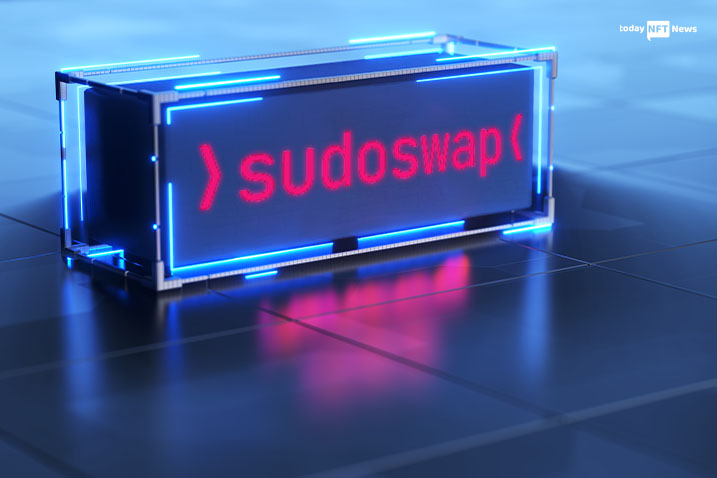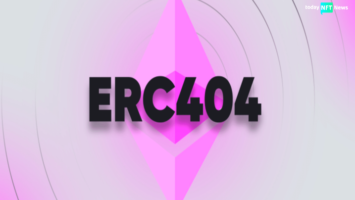SNEAK PEEK
- Arbitrage means purchasing an asset on a marketplace and selling it at an increased price on another marketplace to make a profit.
- Arbitrage is usually carried out for extremely liquid assets such as cryptocurrencies and stocks.
- One of the major issues with NFTs is that markets are illiquid and non-fungible tokens might take days or even weeks to sell.
Offering instant liquidity for NFT sales, Sudoswap is allowing NFT arbitrage among non-fungible tokens marketplaces.
On October 20, Lorem, an NFT trader, shared their journey to arbitraging NFTs as well as how it has turned into a crowded trade. Moreover, they shared the insight about the challenges involved in battling against sandwich attacks to conduct such trades. Within a month, the trader earned 7 ETH or $9,000, which displays the value this sort of arbitrage holds.
In a blog, Lorem said that while he was inclined towards and searching for arbitrage for one year, the best strategy with maximum profits he came up with was this one. He also shared that the strategy is not even complicated.
Since an arbitrageur has the possibility of knowing that purchasing the NFT at less price is possible on one marketplace followed by selling it on another with more sale price; they aren’t sure whether the token will sell, which makes it a risky trade.
By offering instant liquidity, Sudoswap changes this. Working like an exchange, it acts as pools of NFTs that can be purchased. Prices of NFTs are based on a bonding curve, where prices increase with increase in the number of NFTs purchased. Hence, traders can immediately sell non-fungible tokens at the price that’s available.
Lorem said that the entire strategy for this arbitrage is discovering non-fungible tokens on other markets that are possible to be purchased at lesser price as compared to the selling price listed on Sudoswap and selling the NFT instantly into a Sudoswap pool.
Despite the strategy working, Lorem faced issues from sandwich attacks. Sandwiching is known as the most usual type of MEV trading and includes most of the MEV volume. Such attacks see a volume of over $300 million to $400 million each day.
He used Flashbots to fix the issue, an expensive yet useful solution. He even paid 0.3 ETH or $390 to utilize the service to net a gain of 2.7 ETH or $3,480.
Upon conducting the strategy for a month, Lorem observed that the competition has increased considerably. Other arbitrageurs also observed the opportunity and competed for the same traders.
Though this might mark the initial point of an even capable and liquid NFT market, it won’t stop prices of NFT from sliding consistently.
Meanwhile, in September, Sudoswap announced launching a new governance token, SUDO. The same month, LakeShowTJ got scammed for his mutant on Sudoswap.









